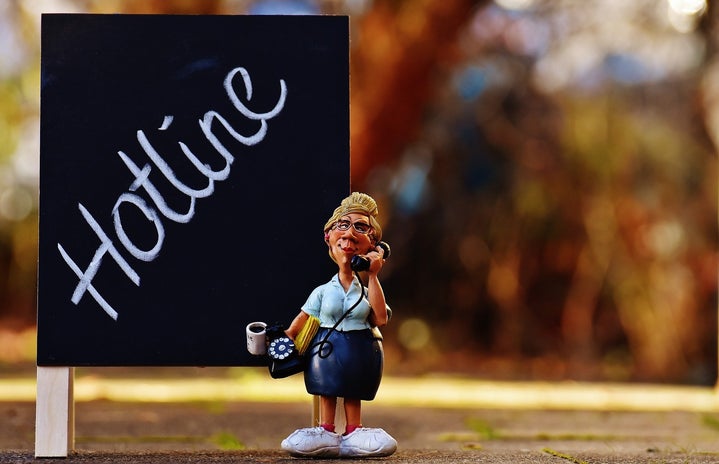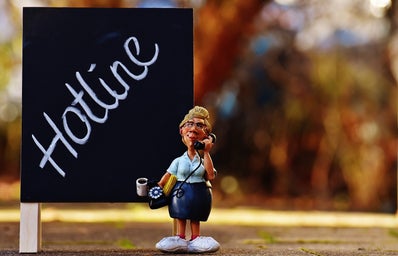My first encounter with the BBC’s popular drama: Call the Midwife, started when I was just 12 years old. What at first would simply appear to be Sunday night entertainment for a girl who quite unusually loved period dramas, turned into a weekly routine whereby I would sit down with my parents and laugh, or most likely cry, through the hourly episode, to be followed by a detailed discussion with two of my best friends the next day.
While it might seem an unusual way for a teenage girl to spend her evenings, it is only now, on reflection, that I appreciate the true value of the show in terms of presenting a world whereby the issues and problems which women suffer from were for once openly discussed and explored.
The show unapologetically delves into the numerous sides of people’s (although predominantly women’s) mental, physical and emotional health, tackling issues that are far too commonly regarded as improper or indecent to openly talk about.
Prostitution, the introduction of contraception and smear tests, postnatal depression, miscarriages and most recently abortions are some of the important and distressing issues that come to mind when I think about the show. These are just a small selection of topics that the show has openly discussed and covered over the years using a sensitive lens in which the universal relevancy to people of all ages, ethnicities, sexualities and circumstances is prioritised.
As a young, modern woman I continue to admire the show’s qualities immensely, and yet this simply intensified my utter horror and disappointment when hearing that the BBC were unwilling to provide vital abortion support on their Advice Line which appears during the credits of the show. This controversy first arose following the latest and most empowering and upsetting of episodes which addressed the devastating and deadly consequences of unsafe and illegal ‘backstreet’ abortions.
The BBC’s response to the vast criticism at their decision was to suggest it unnecessary for them to offer opinions or advice on highly “contentious issues” such as abortion.
Having felt pride in the message which the show has pushed for the past seven years, I found it particularly hard to stomach that such a powerful organisation such as the BBC was suggesting a law that was passed fifty-two years ago, a law which allows women control of their own body, was still to be deemed “contentious”.
With some difficulty I can accept that there is a vast spectrum of views which different members of society hold on the topic of abortion. Yet, what I find impossible to accept is that women (of all ages and backgrounds) are limited in their accessibility to information, understanding and ultimately lawful freedom of their own bodies as these issues remain stigmatised in society’s discourse.
It brings me some comfort to know that following extensive petitions and complaints from MPs, viewers and numerous organisations who support women (such as The Royal College of Midwives and The Royal College of Obstetricians and Gynaecologists) the original decision was revoked by the BBC who will now offer a direct link from their Advice Line Website.
Nevertheless, I continue to struggle with the lack of open discussion and support offered to women who face regularly stigmatised health issues. Too many things are deemed to be best left unsaid or labelled as taboo topics.
We mustn’t forget that the trauma and truths which Call the Midwife explores are not simply historical. Our own Parliament refuses to support women in Northern Ireland who continue to have to face the emotional and financial trauma of travelling to another country in order to regain control of their lives and bodies.
We have a responsibility not only to not forget the struggles that women have had to face in the past, but to actively heighten awareness through open discussions about the many unspoken issues which women face every day.


